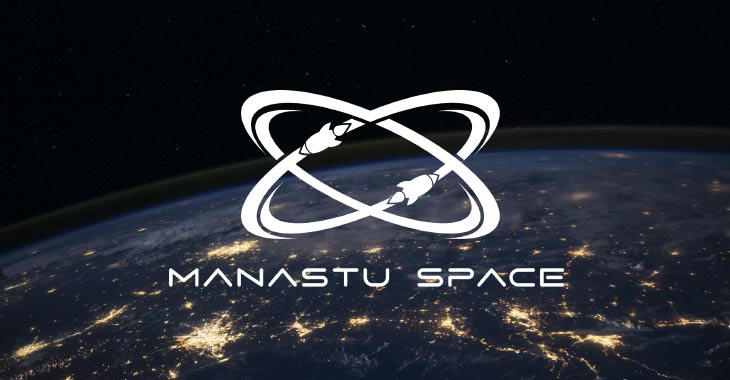Manastu Space Secures $3M to Advance Green Propulsion and Debris Collision Avoidance System
- ByStartupStory | September 5, 2023

Space-tech startup Manastu Space has secured $3 million in a pre-Series A funding round led by Capital 2B, BIG Capital, and E2MC. The round also attracted participation from Baring India via Sanchi Connect, Wealthy through Ventures, Roots Ventures, the founders of Atomberg, Spectrum Impact, and the family office of Aarti Industries, among others.
Manastu Space will utilize the funds to further develop and deploy its Green Propulsion and Debris Collision Avoidance System, along with enhancing its in-space services. The technology is designed to assist satellites in navigating through space while avoiding potential collisions with debris.
The system combines fuel, engine, and catalyst-based avoidance mechanisms to effectively mitigate the growing threat of debris collisions and the resulting proliferation of space debris. The company has already secured contracts, including one with the Indian Defense, a partnership with French startup Latitude, and an agreement with iDEX (Innovation for Defense Excellence).
“Manastu Space will play a consequential role towards control and manoeuvering of assets in orbit and beyond. The team is incredibly ingenious and has built the tech with minimal resources and we are really excited about the possibilities.” Vibhore Sharma, Partner at Capital 2B, said.
“We have already secured several contracts, including one with the Indian Defense, a partnership with French startup Latitude, and a recent agreement with iDEX—a defense innovation organization,” Founder and CEO, Tushar Jadhav, said.
According to Co-founder and CTO Ashtesh Kumar, the solutions will help in the ongoing and expanding requirements for space sustainability.
The pressing issue of space debris poses a grave threat to the prospects of future space exploration. Presently, there exist in excess of 160 million fragments of space debris hurtling through space at velocities reaching up to 8 km/s.
A collision with a satellite has the potential to generate additional debris, triggering a chain reaction that could render space exploration exceedingly challenging, if not unfeasible. “Manastu’s focus on developing renewable fuel systems address a critical problem that has seen an exponential increase with increased space accessibility and objects in the low earth orbit,” Preetinder Panjrath, CFO at BIG Capital, said.
Manastu Space originated at the Student Satellite Lab at IIT Bombay, where the founders worked on developing Pratham, an Indian ionospheric research satellite with applications in early tsunami warnings. Pratham was successfully launched into space aboard ISRO’s PSLV C35 rocket on September 16, 2016.








